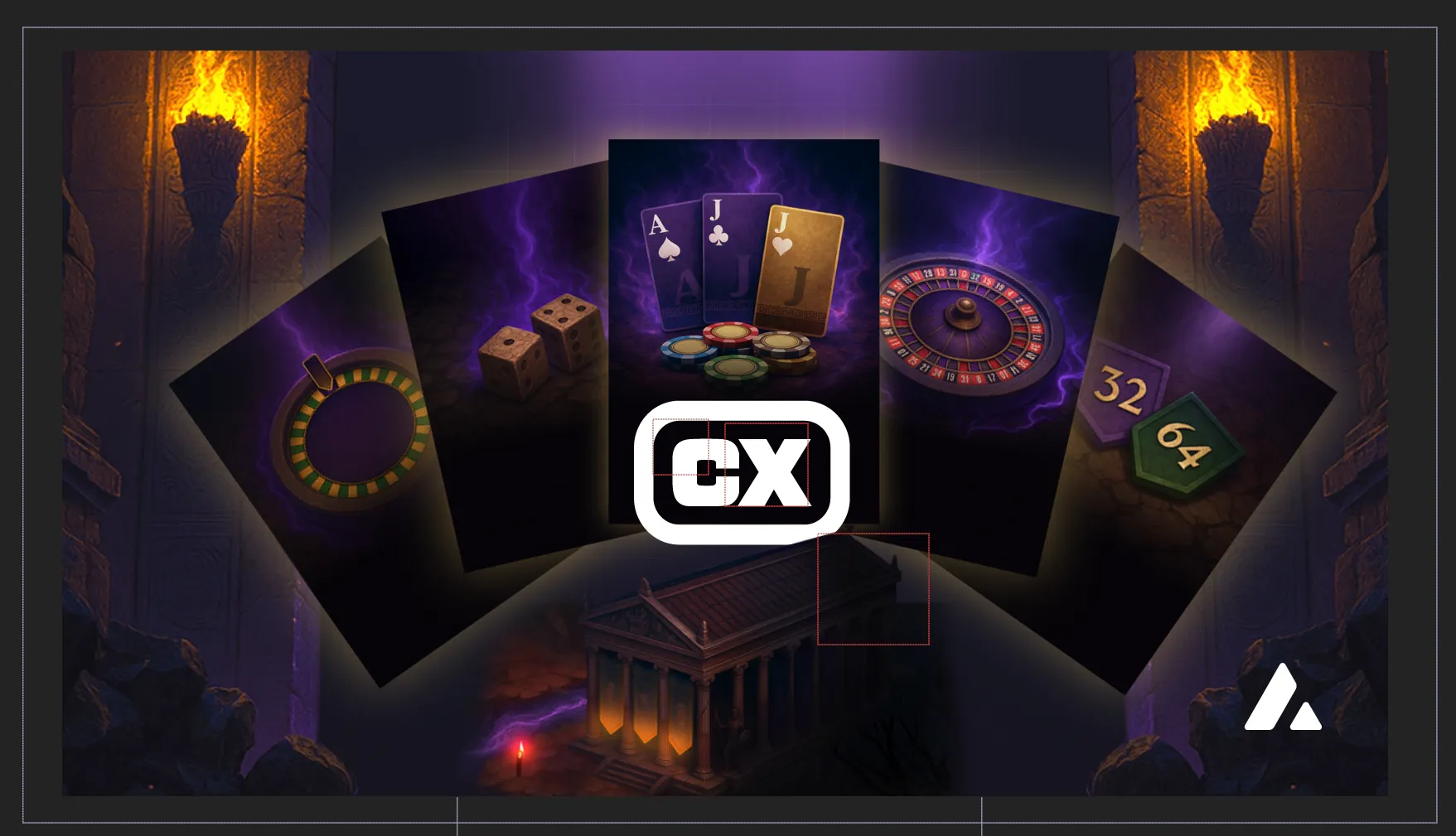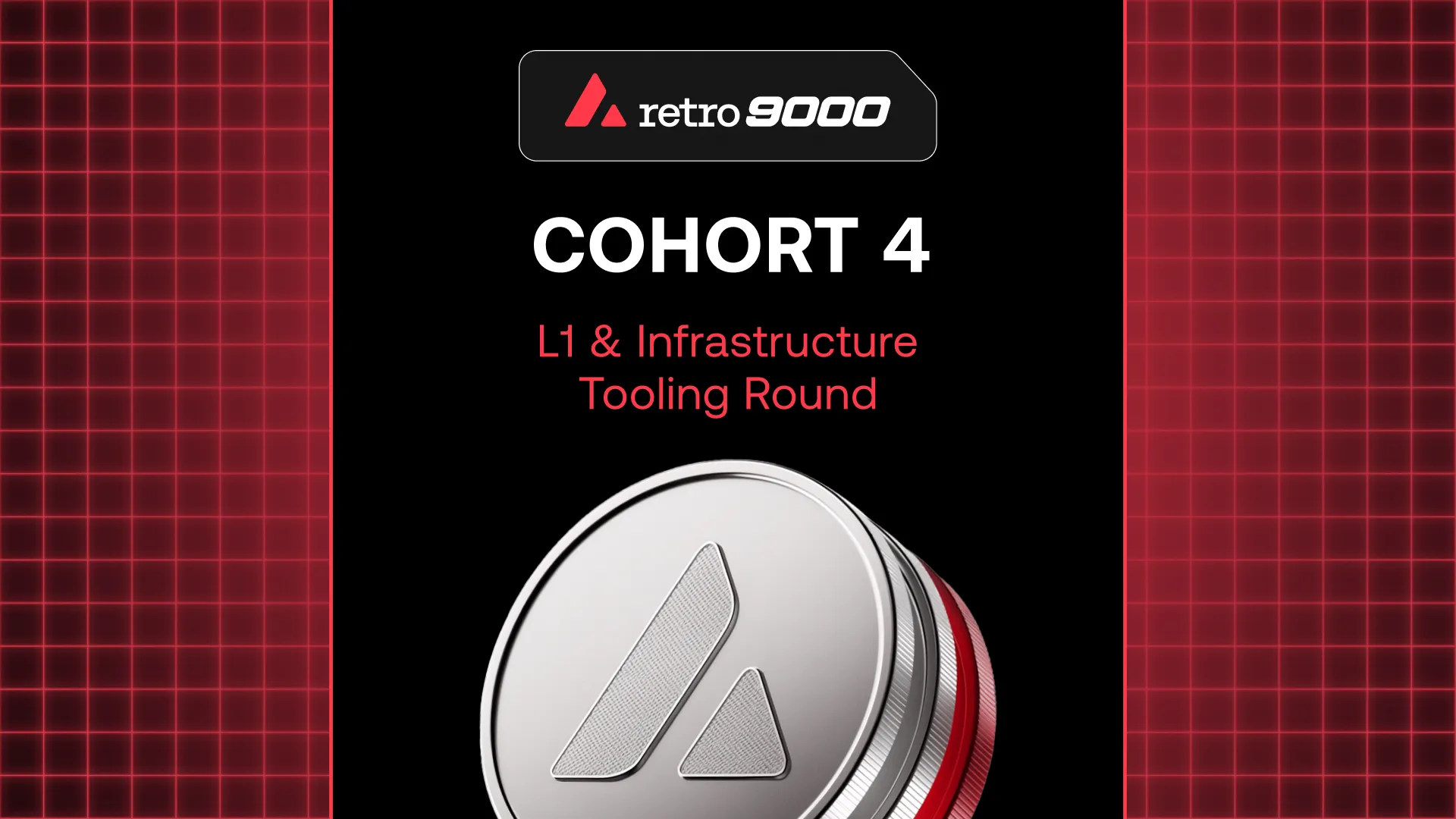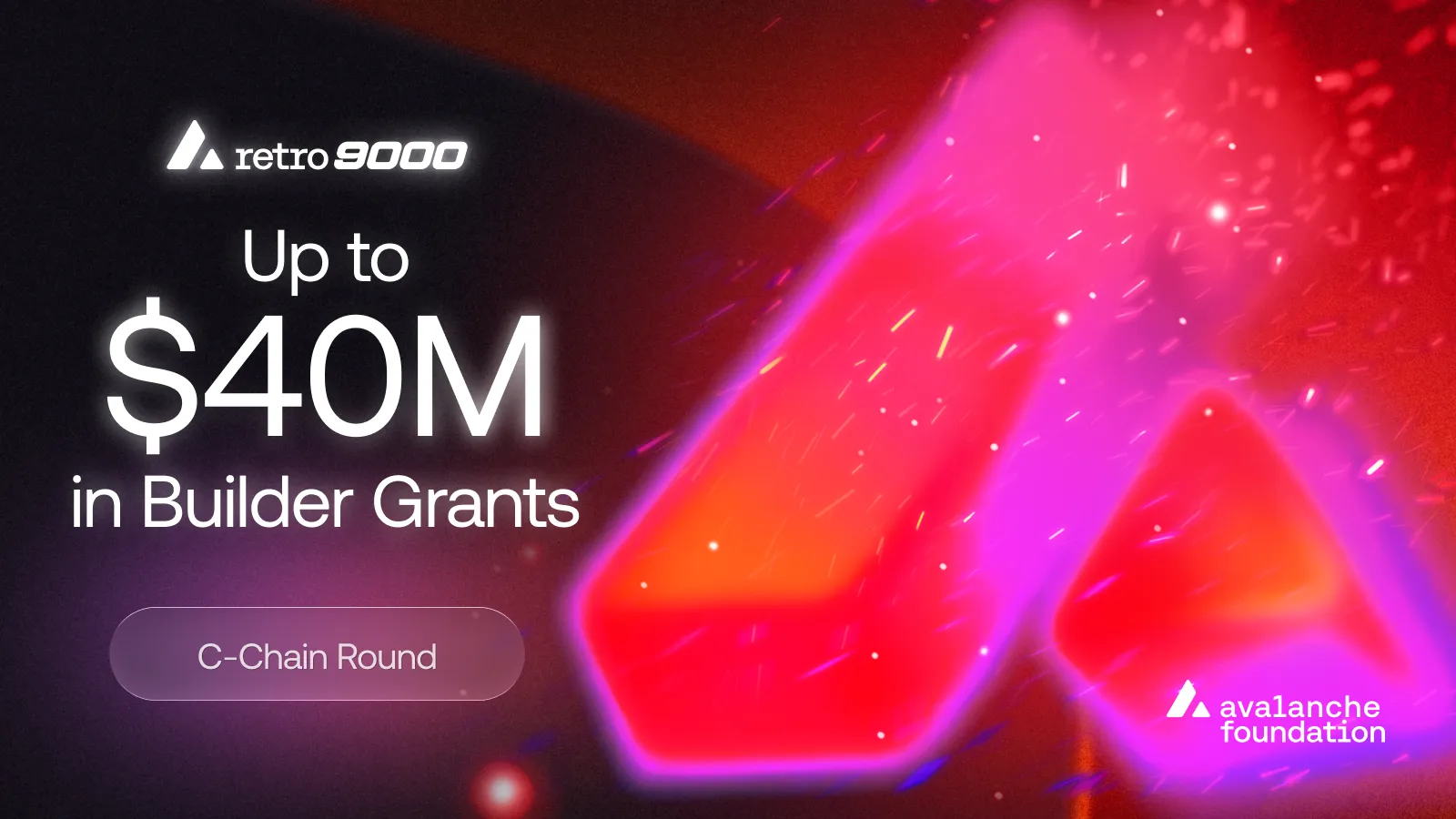Smart contracts
What are Smart contracts
By Avalanche / 16 Minute Read
What Is a Smart Contract?
History of Smart Contracts
How Smart Contracts Work
Smart Contract Programming Languages and Frameworks
Basic Smart Contract Example
Uses of Smart Contracts
Benefits of Smart Contracts
Limitations of Smart Contracts
Avalanche: Your State-of-the-Art Smart Contracts Platform
What Is a Smart Contract?
Smart contracts are simply programs with self-executing lines of code that perform a specific function under conditions that are agreed upon in advance by two or more participants involved in the transaction. They are used on private and public blockchains to manage transactions without the need for a third-party intermediary. Smart contracts are programmed with one of a number of languages that are designed for this purpose, with Solidity and Vyper being two of the most common options.
Anyone can create and deploy smart contracts—like most things associated with blockchain technology, there are no gatekeepers or application procedures that could bar the participation of an aspiring smart contract developer.
History of Smart Contracts
Smart contract history has a longer lineage than you might think, in conceptual terms if not real-world implementation. Smart contracts were first proposed in the mid 1990s by computer scientist Nick Szabo, who went on to create the influential "Bit Gold" virtual currency—a predecessor of Bitcoin—in 1998.
Szabo conceptualized a self-executing contract whose terms would be written into the code. This type of contract would automatically enforce and execute itself when predefined conditions were met, reducing the need for intermediaries.
However, it wasn't until the emergence of blockchain technology, with the launch of Bitcoin in 2009, that smart contracts became a practical reality. Bitcoin introduced the concept of a decentralized ledger that could record and verify transactions without the need for a central authority. Ethereum, launched in 2015, played a pivotal role in popularizing smart contracts by introducing a Turing-complete programming language, Solidity, that allowed developers to create a wide range of decentralized applications (dApps) with self-executing contracts.
Today, smart contracts form an integral element of DeFi, enabling a wide variety of transactions to be carried out with unequaled speed and efficiency. Smart contracts have a wide range of additional applications as well, including supply chain management, voting systems, and more. They offer transparency, security, and automation, reducing the need for intermediaries and potential disputes in traditional contracts.
At this point, you might be wondering, “How do smart contracts work?” You can find in-depth tutorials on how to build smart contracts (and various related topics) in Avalanche’s collection of dev docs, but this article will provide a general overview and understanding of the foundation of smart contracts. Once you understand how to interact with smart contracts, you can learn to easily deploy smart contracts on Avalanche with Remix and Core.
The Avalanche platform has been built to enable quick deployment of smart contracts, providing developers with an array of powerful tools that allows them to design customized smart contracts according to their precise specifications.
How Smart Contracts Work
A smart contract is a type of program, written in a specific programming language, that exists on a blockchain. Its code takes the form of if-then statements, where the logic is executed once certain conditions are fulfilled.
Typically, the code is extensively vetted before it is deployed on the blockchain to ensure that no bugs or errors are present. The smart contract receives updates from a data source, or oracle, to trigger certain events. For instance, if the contract is designed to be executed on the last day of the month, the oracle transmits the relevant information (the arrival of the date) at the predetermined time. The execution of the code results in the release of digital currency, transmission of sensitive data, or another action that has been determined in advance by agreement of the participants.
Smart contracts are also used in the deployment of cryptocurrency. In fact, ERC-20 and ERC-721 coins are essentially token smart contracts.
Smart contracts execute automatically; they do not require human involvement in order to perform properly or to interpret the provisions in question. They are also fundamentally tamper-proof programs. Their actions are generally immutable and irreversible, which helps foster trust among users.
Smart contract execution is validated and agreed upon by the network's nodes through consensus mechanisms like Proof of Work (PoW) or Proof of Stake (PoS). This ensures that the contract's execution is trustworthy and secure. Avalanche uses a modified form of the PoS mechanism to facilitate transactions.
To create a smart contract, you must have an understanding of smart contract logic. Fortunately, there are multiple smart contract programming languages and frameworks available to aid the enterprising blockchain developer.
Smart Contract Programming Languages and Frameworks
Popular programming options for blockchain developers include:
Rust
The Rust programming language is known for its emphasis on safety and performance, making it an increasingly popular choice among developers. With its strict ownership system and powerful borrow checker, Rust helps developers catch common programming errors and vulnerabilities before they become serious issues. This level of safety is crucial in blockchain applications where security is paramount, as it can help prevent hacks and exploits.
Moreover, Rust's compatibility with WebAssembly (Wasm) opens up opportunities for cross-platform smart contract development. By compiling Rust code into Wasm, developers can create smart contracts that are executable on various blockchain platforms, reducing the risk of vendor lock-in and increasing the reach of their applications.
Solidity
Solidity is a prominent smart contract programming language that has played a pivotal role in the rise of blockchain technology. Designed primarily for the Ethereum platform (but also used on various Solidity-compatible platforms), Solidity empowers developers to create dApps and self-executing contracts. Solidity enables the creation of smart contracts that facilitate automated transactions, ensuring the execution of predefined rules without the need for intermediaries. These contracts have broad applications, including DeFi, non-fungible tokens (NFTs), and more.
One of Solidity's most defining features is its simplicity and accessibility. Its syntax is similar to that of widely used languages like JavaScript, making it easier for developers to transition into blockchain development. This familiarity has contributed to the widespread adoption of Solidity. Its user-friendly nature has also helped to enhance its status as a foundational language for smart contract development, driving innovation and transformative changes in various industries.
Clarity
Clarity has gained recognition for its focus on security and predictability in blockchain ecosystems. Developed primarily for the Stacks blockchain, Clarity aims to address the shortcomings and vulnerabilities often associated with smart contract languages like Solidity. What sets Clarity apart is its emphasis on safety and smart contract verifiability. A decidable language, it adopts a clear and unambiguous syntax, making it easier for developers to write secure contracts. Its determinism and explicit state management ensure that the behavior of smart contracts is predictable and auditable, reducing the risk of unexpected bugs or vulnerabilities.
Clarity utilizes "post-conditions" that allow developers to specify exactly what outcomes are expected after a contract executes, enhancing transparency and trust in decentralized applications. This feature is particularly important in financial applications and DeFi where reliability is critical.
HyperSDK
Introduced in early 2023, HyperSDK is a smart contract framework rather than a programming language. The first framework developed for building Virtual Machines (VMs) from scratch on the Avalanche platform, it is designed to simplify the development of VMs, giving blockchain designers the tools necessary to launch optimized chains quickly. Developers can benefit from an extremely fast execution environment that does not require them to write huge amounts of code. This offers developers the enormous advantage of substantially shortening the time required to build a blockchain and deploy it properly.
Basic Smart Contract Example
The following is a hypothetical example of a smart contract designed for a lottery where participants can buy tickets. When a specific number of tickets are sold, a winner is randomly selected to receive the prize money.
Step 1: Contract Deployment
A developer writes the lottery smart contract code using a programming language like Solidity.
The developer deploys the smart contract on a blockchain platform (such as Avalanche) by sending a transaction containing the contract code to the blockchain network.
Once deployed, the contract is assigned a unique address on the blockchain.
Step 2: Contract Initialization
The smart contract is initialized with parameters like the total number of tickets available, the price per ticket, and the prize amount.
The contract's state variables are set to track the number of tickets sold, the participants, and the prize pool.
Step 3: Participation
Participants interact with the smart contract by sending transactions to the contract's address, indicating their desire to buy a ticket and including the required payment.
The smart contract's code verifies the payment and records the participant's address as a ticket holder.
The contract updates its state to reflect the increased number of tickets sold and the current prize pool.
Step 4: Lottery Drawing
The smart contract has predefined conditions to trigger the lottery drawing, such as reaching a specific number of ticket sales.
Once the conditions are met, the contract randomly selects a winner from the pool of ticket holders.
The selected winner's address is recorded in the contract's state.
Step 5: Prize Distribution
The prize money, which has been accumulating in the contract, is automatically transferred to the winner's address.
The contract's state is updated to reflect that the lottery has concluded, and that the prize has been awarded.
Step 6: Contract Completion
The smart contract, having served its purpose, remains on the blockchain as an immutable record of the lottery's outcome.
Participants can view the contract's state and the winner's address on the blockchain for transparency and verification.
This is a basic example illustrating the fundamental steps of how a smart contract works. A smart contract’s terms can be much more complex, handling intricate conditions, multiple parties, and various types of assets, but the core principles of automation, transparency, and trustless execution remain consistent.
Uses of Smart Contracts
Smart contracts are already in use in a broad spectrum of industries to facilitate certain business functions, and their range of applications will surely expand as the technology continues to evolve and additional use cases are developed. Current smart contract applications include:
Smart contracts for NFT transactions - Smart contracts for NFTs have found a vital role in the burgeoning field of non-fungible tokens, helping buyers and sellers trade these digital products with ease. NFTs are used in blockchain-based games to represent unique, rare, or collectible in-game assets. Players can buy, sell, trade, and own these NFTs, giving them true ownership of their in-game assets. This ownership extends beyond the game itself and can be leveraged across different games or even in virtual worlds and marketplaces.
Smart contracts for voting - Smart contracts are used by certain organizations to create a simple, easy-to-manage voting system that can aid in the election of board members or establishment by consensus of organizational rules and procedures. Smart contracts for supply chain support - Smart contracts are currently used in many industries to track the delivery of products through the supply chain. Relevant applications include resolving disputes between vendors and tracking pharmaceutical products that must be stored within a specific temperature range. Smart contracts for insurance - Smart contracts are also used to manage flight insurance payouts once certain predetermined conditions are met—e.g., a flight is delayed by at least three hours. This automation not only speeds up the reimbursement process but also reduces the administrative burden on insurance companies. Furthermore, it provides travelers with a seamless and transparent insurance experience. Smart contracts for real estate transactions - Smart contracts have been used to manage title transfers and similar procedures. In the mortgage industry, they automate processes like application verification, underwriting, and payment management. Smart contracts for mortgages enhance transparency, reduce fraud, and potentially lower costs for borrowers and lenders while ensuring timely and accurate transactions. Smart contracts for transfers of funds - Smart contracts enable funds to be transferred from one entity to another once a specific period of time has elapsed, or when another stipulation is fulfilled. Bond payments are just one type of transfer that can be aided with the use of smart contracts. Smart contracts for healthcare - Smart contracts can streamline tasks like insurance claims processing, automatically verifying patient eligibility and facilitating prompt payments. Additionally, smart contracts can enhance the management of electronic health records (EHRs) by providing secure and interoperable data sharing among healthcare providers while maintaining patient privacy. Supply chain management in healthcare can also benefit from this technology, as smart contracts can ensure the integrity and traceability of pharmaceuticals and medical equipment.
Benefits of Smart Contracts
Smart contracts have become increasingly common in the DeFi field, and it’s no mystery why: they provide a variety of benefits that, like many aspects of the decentralized financial world, cannot be matched by traditional banking institutions. Benefits of smart contracts include:
Speed - Smart contracts are executed immediately, provided that the proper conditions have been met. There is no need for a third-party intermediary to verify the transaction, and the involved parties never have to wait until “banking hours” for fulfillment. This eliminates delays associated with manual processing and reduces the time needed to complete transactions. A fast smart contracts platform like Avalanche typically processes literally millions of transactions per day.
Cost-effectiveness - Smart contracts do not incur the various transaction fees associated with traditional banking. This is partly due to fewer intermediaries as well as the speed in which contracts are executed. Verifying one of these transactions is a relatively simple process, and one that has the potential to streamline certain business operations that have traditionally extended across multiple enterprises. (However, transactions may incur “gas” fees, which are paid in the blockchain network’s native currency. These fees, essentially maintenance charges necessary to sustain blockchain operations, are incurred by a wide variety of transactions.)
Elimination of human error - Autonomous execution of contracts takes away the possibility of error that may be introduced when verification or data entry is performed by human hands. Unlike traditional manual processes that may involve data entry mistakes, miscommunications, or oversight, smart contracts operate with precision and accuracy. They execute transactions exactly as programmed, ensuring that all parties involved receive what is due to them without the possibility of errors caused by human oversight or misunderstanding. This helps ensure transaction accuracy, reduce error-related costs, and increase trust and confidence in digital transactions.
Privacy - Unlike traditional systems that often require the sharing of personal data with intermediaries, smart contracts operate on blockchain networks, enabling pseudonymous interactions. Users can engage in secure and private transactions while revealing only the necessary information, such as cryptographic wallet addresses, without exposing their full identity. This privacy-centric approach, combined with the use of encryption, empowers people to maintain greater control over their personal data and minimizes the risk of identity theft or misuse of sensitive information.
Security - Smart contracts benefit from the immutability offered by blockchain technology—transactions cannot be altered after the fact (although there are exceptions to this rule). Hacking of a block cannot be achieved without falsifying all previous blocks on the chain, which makes unauthorized tampering extraordinarily difficult.
The many advantages of smart contracts over traditional transaction controls will undoubtedly aid in disseminating this technology across more industries and organizations in the coming years.
Limitations of Smart Contracts
It should be noted that smart contracts are not without their drawbacks, such as:
Legal ambiguity - Are smart contracts enforceable in the “real world”? That can be difficult to determine. Their legal status exists in a gray area, as they lack the generations of court precedents associated with old-fashioned pen-and-paper contracts.
Regulatory Compliance - Some industries and jurisdictions have strict regulations that may not align with the decentralized and automated nature of smart contracts. Complying with these regulations can be challenging.
Difficult to correct errors - The immutability of smart contracts, while a strength in terms of security, can be a limitation when errors or bugs are discovered in the code. Once deployed, it's challenging to make changes to a smart contract without creating a new version, potentially leading to issues with legacy contracts. A bug or error in programming can have cascading effects that are not easily rectified.
Lack of real-time HTTP access - Smart contracts cannot send API requests and are dependent on oracles to transmit “off-chain” data to execute logic that can trigger transactions. However, oracle nodes can be compromised by accidental failures or deliberate actions of hackers—this vulnerability is widely termed “the Oracle Problem.” These shortcomings may be eventually minimized or eliminated as programmers continue to devise ways to improve this technology.
Mandatory transparency - While blockchain transactions are pseudonymous, the details of smart contracts are transparent and can be viewed by anyone. This lack of privacy can be a concern in applications where confidentiality is critical.
Despite these limitations, ongoing research and development in the blockchain space are addressing many of these challenges. Hybrid solutions, improved programming languages, and advancements in blockchain scalability are among the innovations aimed at mitigating these limitations and expanding the utility of smart contracts.
Avalanche: Your State-of-the-Art Smart Contracts Platform
Measured by time-to-finality, Avalanche (AVAX) is the fastest smart contracts platform currently operating in the blockchain world. With Avalanche, you have the tools necessary to build Solidity-compatible dApps, launch custom blockchains, and quickly trade digital assets.
Avalanche truly stands out with its combination of high throughput, scalability, interoperability, security, and customizability, making it a promising blockchain platform for a wide range of decentralized applications and use cases. Its unique consensus mechanism and focus on energy efficiency offer further benefits that collectively makes Avalanche the best smart contracts platform of 2023 and beyond.
Avalanche has undergone explosive growth in recent years. Its vibrant global developer community and ecosystem provide enterprising blockchain designers various resources, tools, and support, fostering innovation and the creation of new dApps and projects. Avalanche is the ideal platform for creating, testing, and launching smart contracts for a wide variety of applications, from insurance payouts to concert ticket sales.
To learn more about our revolutionary smart contracts platform, explore the Avalanche website.


















